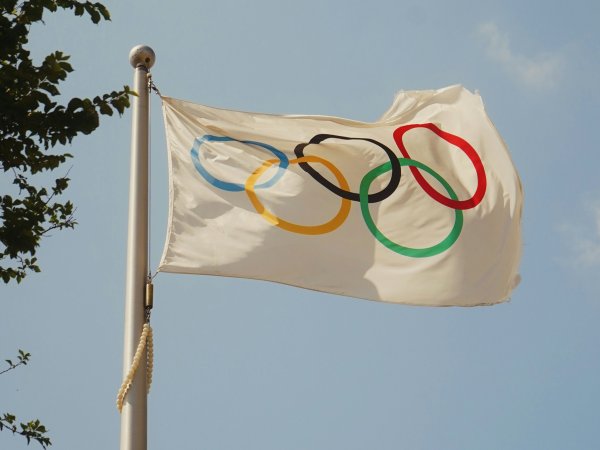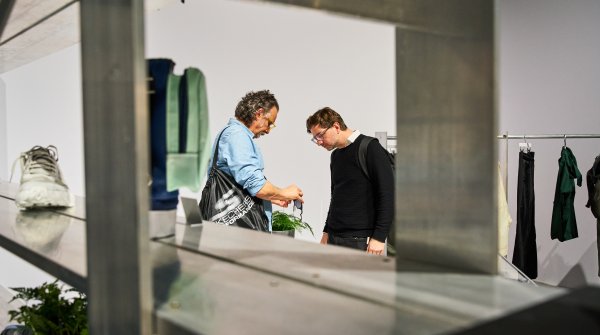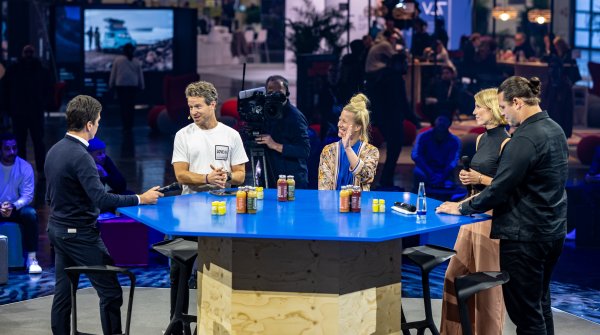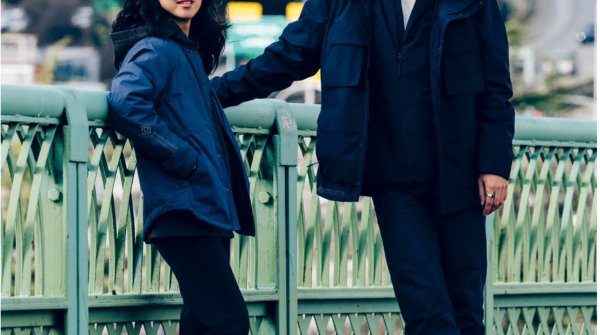- Sponsors flee: What's happened after the 2024 Paris Olympics?
- How much money does the IOC earn from sponsoring the Olympics?
- How exactly will the Olympic Games in Milan and Cortina be financed?
- Who are the sponsors and partners for the Olympic Games in Milan and Cortina?
- How much does it cost to become an Olympic sponsor?
- What do the sponsors receive in return?
After the glittering 2024 Olympic Games in Paris, the International Olympic Committee (IOC) suffered major setbacks in terms of money. With Panasonic, Bridgestone and Toyota, three long-standing top sponsors from Japan dropped out in one fell swoop. The electronics giant Panasonic ended its collaboration with the IOC after 37 years. Toyota, one of the largest automobile companies in the film industry, clearly justified its withdrawal in the person of boss Akio Toyoda with the "increasing politicization" of the Olympic movement. In addition, there are more and more doubts as to whether the athletes are actually the focus of the Games. This means heavy losses for the IOC: Bridgestone is said to have paid 250 million euros to the IOC in the last four-year Olympic cycle alone, Toyota over 800 million euros in the last decade. Atos - Deloitte is taking over responsibility for IT at the Olympics instead - and Intel are also no longer on the list of TOP sponsors. Financial turbulence is said to be the cause for both companies.
However, Corona Zero, a non-alcoholic beer from Mexico, is new to the top sponsor category at the Olympics. However, this is causing frustration in the Olympic region of South Tyrol. At the biathlon in Antholz, for example, there will only be non-alcoholic beer from overseas. "This decision is not the only one that raises serious questions about the sustainability of the Olympic Games," MP Bernhard Zimmerhofer told Tageszeitung Online. He criticized the fact that local beer producers from South Tyrol were not taken into account. The new IOC President Kirsty Coventry, who took over from German Thomas Bach on Olympic Day (June 23, 2025), will not be taking on an easy legacy. She is to further develop the IOC's sponsorship program.
Alongside TV contracts, sponsors and partners are the main sources of income for the International Olympic Committee (IOC): An estimated three billion dollars are said to have been collected in the cycle with the 2022 Winter Games in Beijing and the 2024 Summer Games. For the current Olympic cycle from 2025 to 2028, 7.3 billion US dollars in revenue was already secured at the end of 2024 according to IOC figures, and 6.2 billion US dollars for the 2029 to 2032 Olympic cycle. Around 30 percent of this comes from sponsors, the rest from TV contracts, merchandising and tickets, for example.
The reason for the flood of money: as a 16-day highlight of the sports season, the Olympic Games still reach billions of people - on TV
screens, but now also primarily as trending content on social media. The IOC is also constantly trying to tap into new sources of funding - for example, there have been Olympic ESport Games since 2025. The program of the classic Olympic Games is also being tailored to young target groups: Breaking (breakdancing) will celebrate its premiere in Paris. At the 2026 Winter Games in Milan and Cortina, for example, ski mountaineering will be included for the first time
1.7 billion euros are currently in the budget planning for the organization of the 2026 Winter Olympics in Milan and Cortina (100 million euros more than originally planned), plus one billion euros from the Italian government for the expansion of the infrastructure. However, it is doubtful whether these sums can be met. After all, the construction of the new bobsleigh and luge track in Cortina, for example, which has to be completed in record time, will cost a hefty 118 million euros. The new Santa Giulia ice hockey arena in Milan also costs 300 million euros. The IOC is contributing one billion euros to the Olympic costs of Milan and Cortina.
The IOC has a multi-level sponsorship system for the Olympic Games in Milan and Cortina, ranging from global TOP sponsors to national supporters.
The sponsors and partners at a glance:
Company Sector In the TOP program of the IOC since Coca Cola / Mengniu Soft drinks/dairy products 1986 (continuous Olympic sponsor since 1928) - first joint top sponsorship agreement with Chinese dairy group Mengniu Airbnb Accommodation offers 2019 Alibaba Cloud services and e-commerce 2017 Allianz Insurance 2021 Corona Zero Non-alcoholic beer2025Deloitte Management and business consulting/IT2022Omega Watches2003Procter & Gamble Hygiene products2010Samsung Communication and electronics 1997 Visa Payment service provider 1986Further sponsors:
Olympic Premium Partners Olympic Official Partners Olympic and Paralympic Sponsors Accor Groupe ADP Abatable Enel A2Q Bauerfeind Eni EA7 Emporio Armani FNM Group Gruppo Ferrovie dello Stato Italiane Esselunga Grana Padano Leonardo Fiera Milano Herbalife Posto Italiane Juniper Networks Intercom Dr. Leitner Salomon Pirelli Ita Airways Stellantis Ranstad Kiko Milano TIM Prosecco DOC Salesforce Technogym Valtellina Taste of Emotion Olympic Official Supporters Airwaeve Kässbohrer Italia Ottobock RGS Events Technoalpin Ticketone Versalis Olympic Hospitality Provider OnLocationFor the IOC's usual four-year cycle as a sponsor or partner, the ten global partners cost at least a three-digit million sum. The joint contract of two companies is record-breaking: Veteran Olympic partner Coca Cola and the Chinese dairy company Mengniu are paying an estimated three billion dollars to the IOC for the Olympic Games from 2021 to 2032. Airbnb is said to have signed an eight-year contract until 2028 with payments of 500 million dollars.
Products and services from the global sponsors and other partners are used at the sports venues and by the athletes. For example, Omega chronographs are used for timekeeping at competitions. Entertainment electronics for the athletes come from Samsung. At the Olympic sports venues, fans can only buy drinks from Coca-Cola or Corona Zero - for hefty sums.
The sponsors and partners are the only brands that have the right to use the famous Olympic rings and the Olympic flame in their marketing activities.

 Sports BusinessSki Mountaineering Goes Olympic: What Milano-Cortina 2026 Means
Sports BusinessSki Mountaineering Goes Olympic: What Milano-Cortina 2026 Means
- ISPO awards
- Mountain sports
- Bike
- Design
- Retail
- Fitness
- Health
- ISPO Job Market
- ISPO Munich
- ISPO Shanghai
- Running
- Brands
- Sustainability
- Olympia
- OutDoor
- Promotion
- Sports Business
- ISPO Textrends
- Triathlon
- Water sports
- Winter sports
- eSports
- SportsTech
- OutDoor by ISPO
- Heroes
- Transformation
- Sport Fashion
- Urban Culture
- Challenges of a CEO
- Trade fairs
- Sports
- Find the Balance
- Product reviews
- Newsletter Exclusive Area
- Magazine




